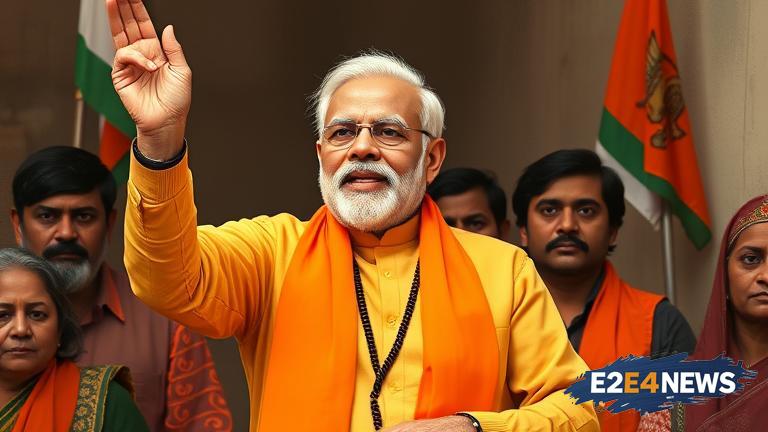In a recent statement, Shiv Sena leader Sanjay Raut alleged that the Rashtriya Swayamsevak Sangh (RSS) is seeking the retirement of Prime Minister Narendra Modi. This claim has stirred significant political discussion in India. Raut, known for his vocal stance, made this assertion in a media interview, hinting at possible internal dynamics within the BJP and RSS. The RSS, a right-wing organization closely aligned with the BJP, has historically supported Modi’s leadership. Raut’s statement suggests potential shifts in the political landscape, though both RSS and BJP have denied the claim, reaffirming their support for Modi. The statement comes at a time when Modi is nearing the end of his second term, with discussions about his political future intensifying. Raut’s comments may be interpreted as an attempt to influence public opinion or highlight internal party tensions. Political analysts speculate that such statements could be strategic moves to create divisions within the BJP or prepare for post-Modi scenarios. The BJP has dismissed Raut’s claim, emphasizing their unwavering support for Modi. This development underscores the complex and dynamic nature of Indian politics, where alliances and leadership are subject to constant scrutiny and speculation. The statement has sparked debates about the future of the BJP and the potential for leadership changes. Raut’s remarks have also drawn attention to the role of the RSS in shaping the BJP’s trajectory. As India approaches future elections, such statements could influence political strategies and public perception. The claim by Raut has been met with skepticism by many, who view it as a political tactic rather than an accurate reflection of RSS’s stance. Nevertheless, it highlights the intrigue and maneuvering within India’s political arena. The situation remains fluid, with potential implications for the BJP’s leadership structure and Modi’s continued role in Indian politics.
